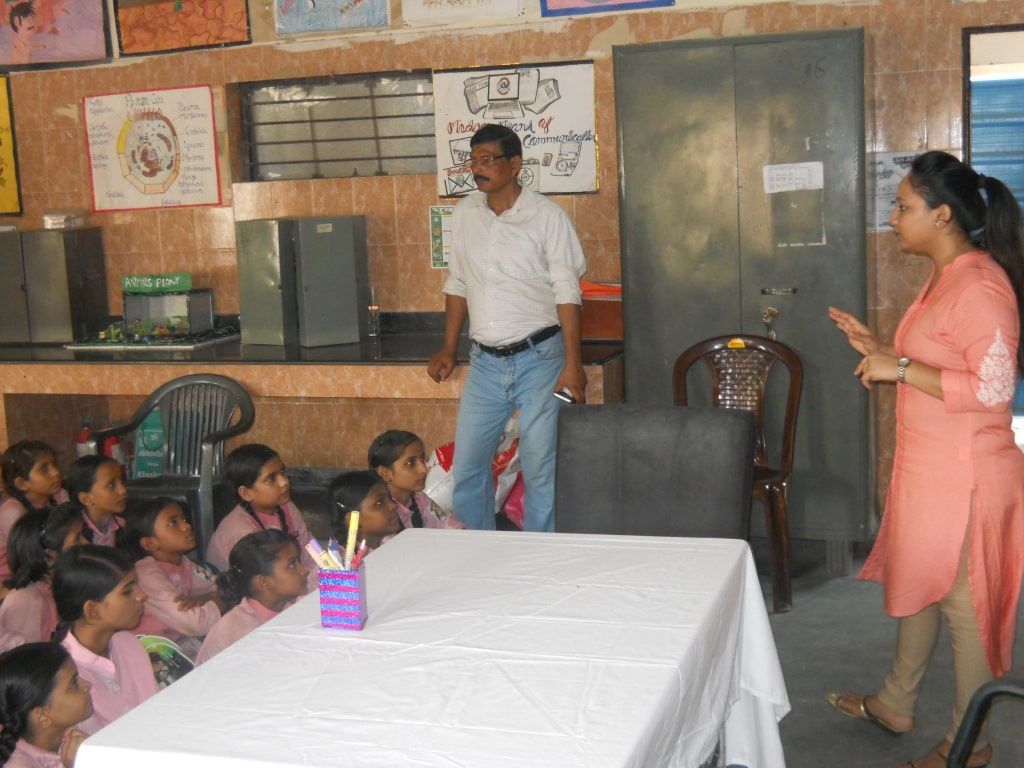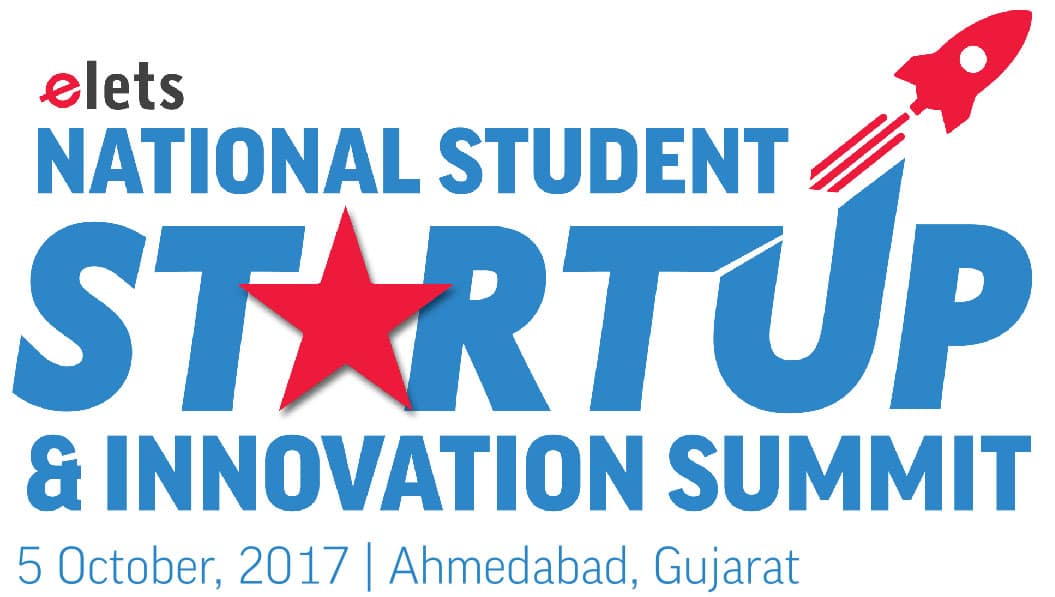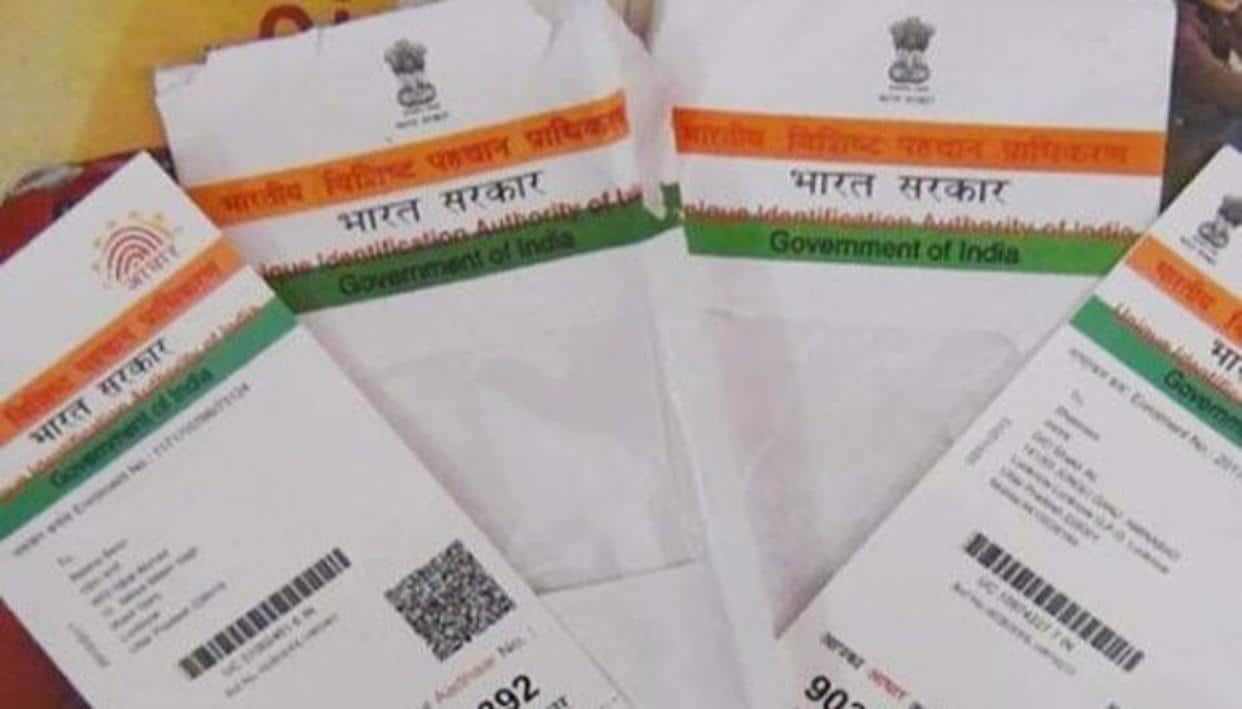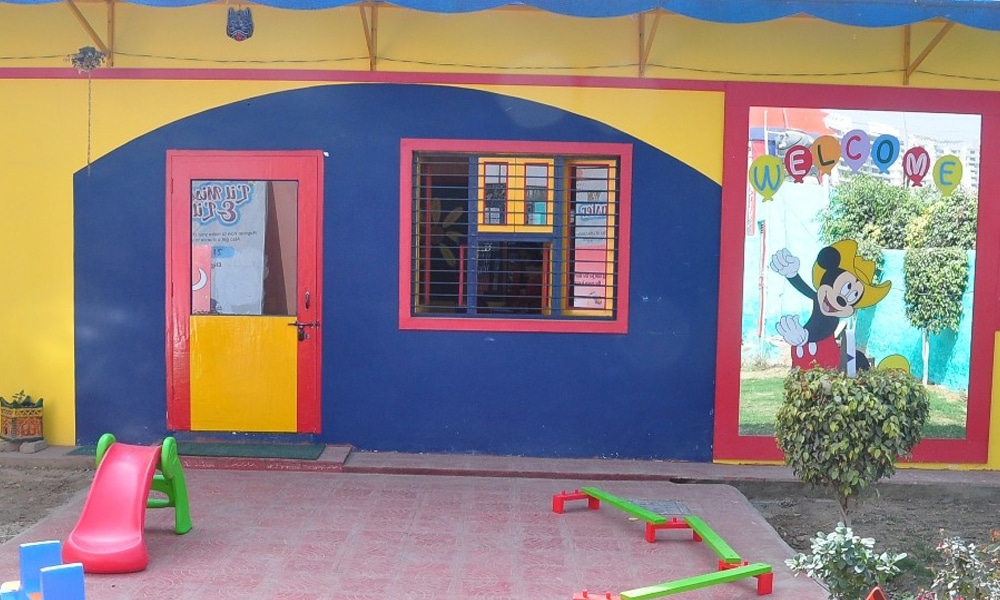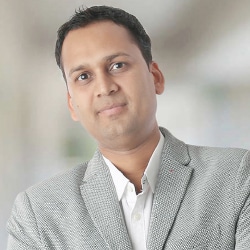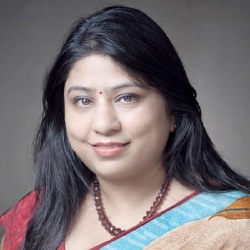 At Little Leaders, elaborative parameters are provided to the educators and records are maintained on a regular basis, kids are assessed with every activity they perform, says Anu Gupta, Director, Little Leaders Play School, in an interview with Elets News Network (ENN).
At Little Leaders, elaborative parameters are provided to the educators and records are maintained on a regular basis, kids are assessed with every activity they perform, says Anu Gupta, Director, Little Leaders Play School, in an interview with Elets News Network (ENN).
What distinguishes Little Leaders, a preschool franchise, from other preschool brands in the country?
We believe each and every franchise of ours is a partner in growth with us. When they get associated with us, they automatically get access to world class curriculum which is awarded by various industry bodies, additionally we are also an ISO certified organisation. Our help and assistance stats from the very nascent stage where we evaluate the property and suggest if the location is appropriate for a preschool. We also help in finding a high potential location for preschool setup. Once the location is identified, we help in designing and then setting up the entire branch. Our admin team work towards sourcing materials, vendors, HR team helps in recruitment, Academic Head supports in curriculum planning, content generation, assessments etc. Extensive training sessions are conducted to inform the various processes and nuances of this industry. Marketing team supports in devising and formulating the advertising and PR framework.
Our mission is to nurture the young minds in a culturally appropriate environment and provide opportunities to help them realise their true potential.
How the curriculum and assessment methods followed at Little Leaders help students in their holistic development?
Our curriculum is designed to provide the teachings and evaluate kids on a daily basis. Elaborative parameters are provided to the educators and the records are maintained on a regular basis, kids are ssessed every moment with every activity they perform. It leaves the scope for daily improvements in the kids, it also helps to analyse the sphere and sector in which the child needs improvement and then focused workout can be done by giving them experiential learnings that leads to kid’s holistic development.
How teachers at Little Leaders provide children with a culturally sound environment and right values for nurturing healthy minds and bodies?
‘Education for Life’ refers to a child’s holistic development. This includes inculcating lifelong values so that the child is able to lead a happy, powerful and successful life.
We focus on qualities like:
Confidence – stage exposure, encouraging child to participate individually as well as in group.
Leadership Skills- By making captains in the class like class monitor, electricity monitor, queue monitor and giving them tasks where the child achieves success, conducting assembly with the teachers, helping teachers in class, etc.
Communication – encouraging child to express freely, recitation, self-introduction, listening to the child, conducting activities which promote language development.
Logical Thinking & Decision Making – Giving choices to children where they have to choose one among many things.
Initiative Taking- Meal time activity, asking questions like ‘who wants to distribute plates?’
Emotional and Social Competence – A child, who has achieved emotional competence, will build healthy social relationships with others. By using aids like hammer set, role plays and dramatisation, celebration of birthdays, nature walks, make child socially strong.
Physical Competence- Karate, Yoga, sports day, aids like balancing beam, etc.
Self-Help Skills – We give importance to self-help skills, wherein a child learns through daily routine practice and became in dependent gradually. Like washing hands, zipping, unzipping, how to carry their bag and bottle, and how to take care of their belonging.
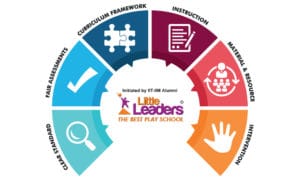 Play schools work on the fine and gross motor skills of the kids, they work upon the reasoning, logical thinking, derivative learnings by experiential teaching.
Play schools work on the fine and gross motor skills of the kids, they work upon the reasoning, logical thinking, derivative learnings by experiential teaching.
How the playschool helps its students in boosting their creativity, thinking capabilities and leadership qualities?
In playschools, we lay the foundation of a human character. Children are allowed to derive their understanding and explore the surroundings positively. Playschools work on the fine and gross motor skills of the kids, they work upon the reasoning, logical thinking, derivative learnings by experiential teaching. Learners are provided with the scope of improvement with every step and they work in the most positive environment with the power of positivity that let the individuals be the way they are. And, increase the confidence to face the challenges of the world.
What is the mission and vision of Little Leaders for future?
Our vision to be the best preschool by parents and kids in the world by offering best education experiences to our little leaders and to develop our children as a responsible and lovable citizen. Our mission is to nurture the young minds in a culturally appropriate environment and provide opportunities to help them realise their true potential.







